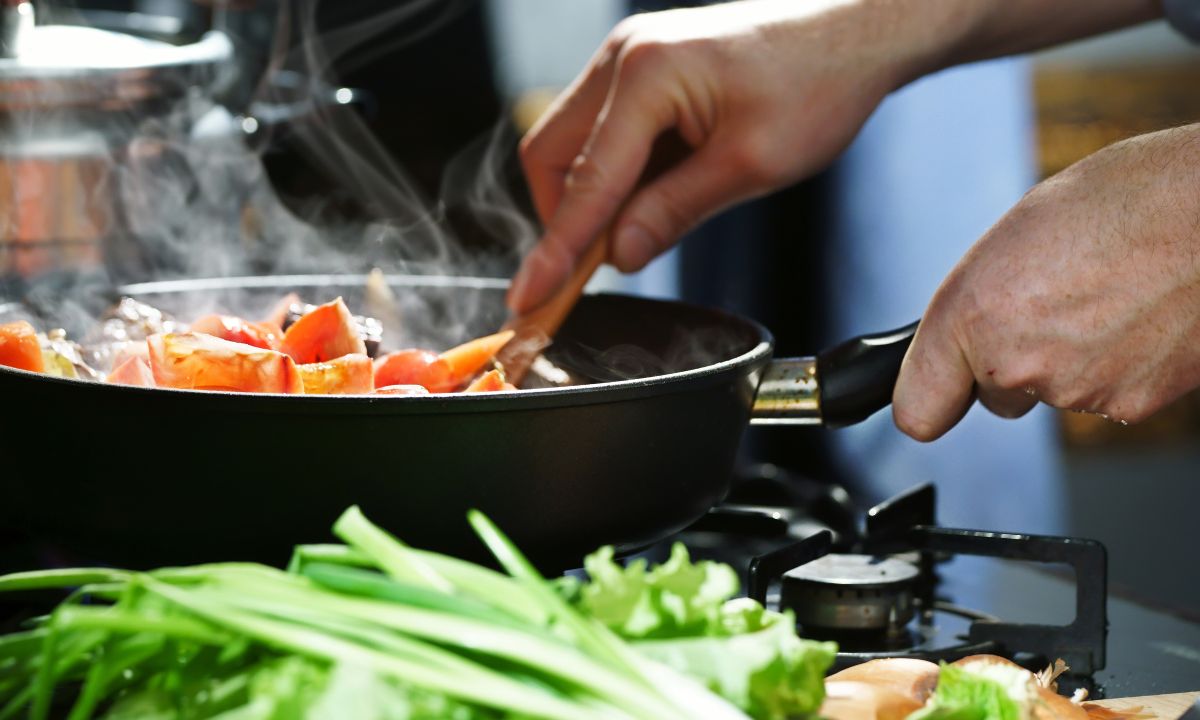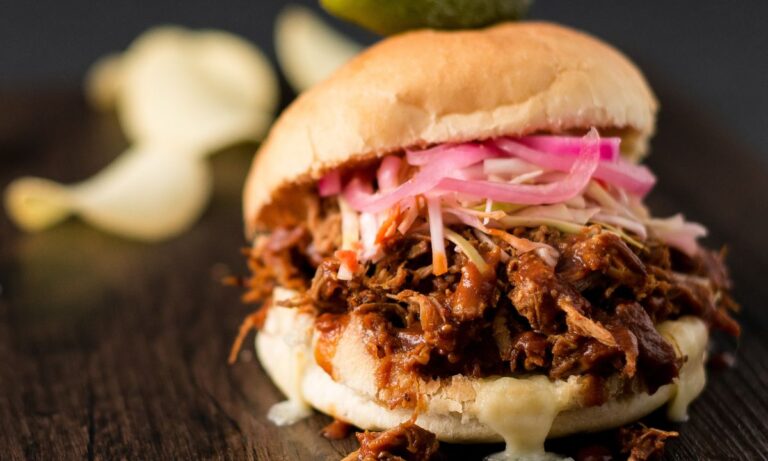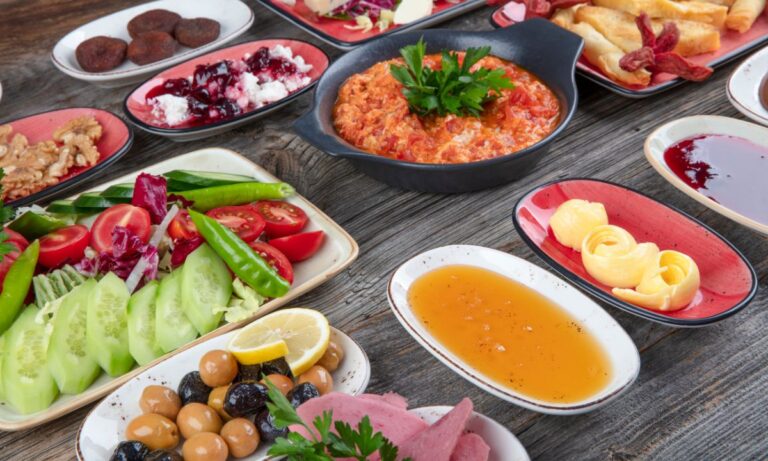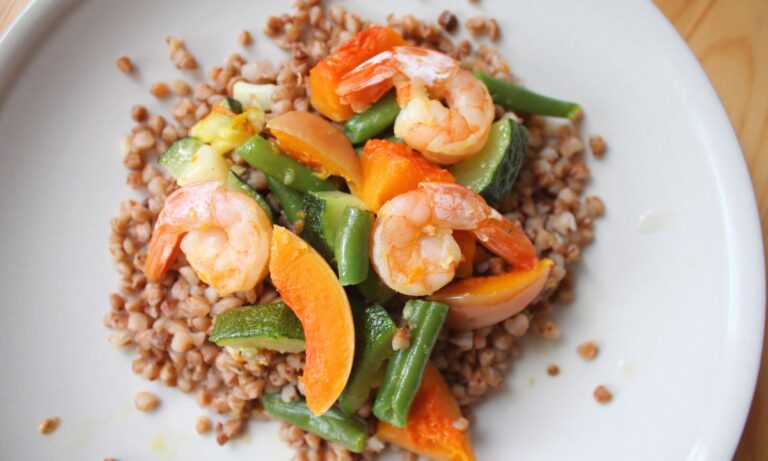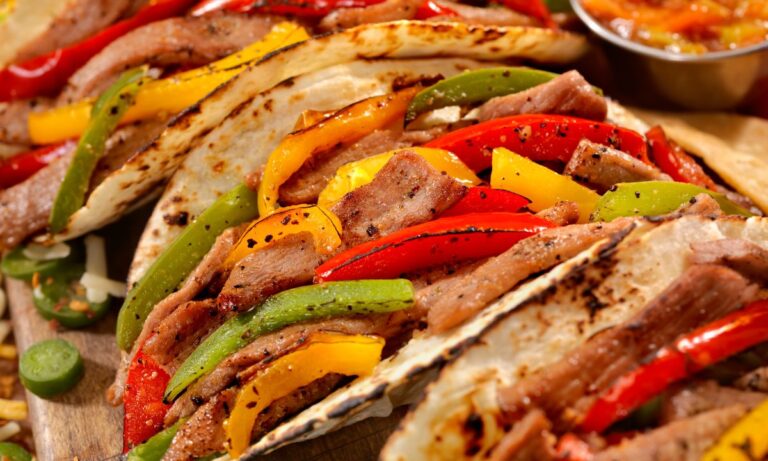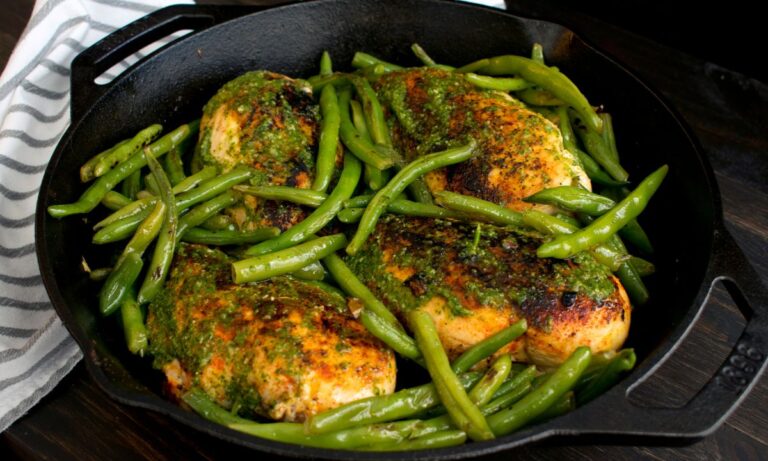Mastering the Basics: A Complete Guide to Cooking Fundamentals for Aspiring Chefs
Introduction
In today’s fast-paced world, cooking has become a lost art for many people. But knowing the basics of cooking is an essential skill that can save you money, impress your friends, and make healthier food choices. In this article, we will explore the cooking fundamentals that every aspiring chef should know, including essential techniques, equipment, ingredients, and safety tips.
Essential Cooking Techniques
- Chopping and DicingLearning to chop and dice ingredients efficiently is crucial for successful cooking. Proper knife skills will save you time and prevent accidents. Start by learning basic cutting techniques, such as the rocking motion and the claw grip, and practice on various ingredients like onions, carrots, and peppers.
- BoilingBoiling is a simple and versatile cooking method. From cooking pasta to making soups, understanding the basics of boiling water and knowing how to control the temperature will ensure perfectly cooked dishes every time.
- SautéingSautéing is a fast and flavorful way to cook ingredients using a small amount of fat over medium-high heat. This technique is perfect for quick-cooking proteins and vegetables, and it’s essential to learn how to control the heat and flip ingredients without them sticking to the pan.
- RoastingRoasting is a dry heat cooking method that uses an oven to cook food evenly. It’s ideal for large cuts of meat, whole birds, and hearty vegetables. By mastering the art of roasting, you can create delicious, tender, and juicy dishes with minimal effort.
- BakingBaking is another dry heat cooking method that requires precision in measuring ingredients and controlling the oven’s temperature. From cakes to casseroles, baking is a versatile technique that can produce a wide range of dishes.
Essential Cooking Equipment
- KnivesA good set of knives is a must-have for any cook. Invest in a chef’s knife, a paring knife, and a serrated knife to handle most cutting tasks. Keep your knives sharp and well-maintained to ensure efficiency and safety.
- Pots and PansThe right cookware can make a world of difference in your cooking. Start with a few basics: a nonstick frying pan, a large pot for boiling, and a cast-iron skillet for searing and roasting. As you grow more confident in the kitchen, you can expand your collection with specialized pots and pans, like a wok or a Dutch oven.
- Measuring ToolsAccurate measurements are key to successful cooking, especially in baking. Invest in a set of measuring cups and spoons, as well as a kitchen scale, to ensure your recipes turn out perfectly every time.
- ThermometersA food thermometer is a valuable tool for cooking meats and other temperature-sensitive dishes to the desired doneness. Get familiar with using an instant-read thermometer or a probe thermometer to take the guesswork out of cooking.
Understanding Ingredients
- Herbs and SpicesA well-stocked pantry of herbs and spices will elevate your dishes from ordinary to extraordinary. Experiment with different combinations of fresh and dried herbs, as well as various spices, to find your favorite flavors and create your unique culinary style.
- Oils and FatsDifferent oils and fats have unique characteristics that affect the taste and texture of your dishes. Learn about the smoke points and flavor profiles of various oils, like olive, coconut, and avocado, as well as the role of fats like butter and lard in cooking.
- ProteinsFrom meat and poultry to fish and plant-based options, proteins are the foundation of many dishes. Get familiar with different types of proteins, learn how to store them safely, and understand the best cooking methods for each to ensure tender, flavorful results.
- Vegetables and FruitsVegetables and fruits add color, texture, and nutrients to your dishes. Learn how to select, store, and prepare a variety of fresh produce to make the most of their flavors and health benefits.
Cooking Safety and Hygiene
Maintaining a clean and safe kitchen is essential for every cook. Practice good hygiene by washing your hands frequently, sanitizing cutting boards and surfaces, and properly storing perishable ingredients. Additionally, learn how to handle knives safely and avoid cross-contamination to prevent foodborne illnesses.
Experimenting and Improving
The best way to improve your cooking skills is through practice and experimentation. Don’t be afraid to try new recipes, techniques, or ingredients. Embrace your mistakes and learn from them, as they will ultimately make you a better and more confident cook.
Conclusion
Mastering the fundamentals of cooking is an essential skill that can enhance your life in many ways. By understanding the basics of techniques, equipment, ingredients, and safety, you will be well on your way to creating delicious and nutritious meals that will impress your family and friends.
FAQs
- What are the most important cooking techniques to learn? The most important cooking techniques to learn include chopping and dicing, boiling, sautéing, roasting, and baking.
- Do I need expensive equipment to start cooking? No, you can start with basic, affordable equipment and gradually invest in more specialized tools as you become more experienced and confident in the kitchen.
- How do I know when meat is cooked to the proper temperature? Use a food thermometer to measure the internal temperature of the meat and ensure it reaches the recommended safe minimum temperature for consumption.
- What’s the best way to store fresh herbs and spices? Store fresh herbs in a damp paper towel in the refrigerator, and keep spices in a cool, dark, and dry place in airtight containers.
- How can I improve my cooking skills? Practice, experimentation, and learning from mistakes are the best ways to improve your cooking skills. Try new recipes, techniques, and ingredients, and don’t be afraid to ask for advice or seek out resources to expand your knowledge.

